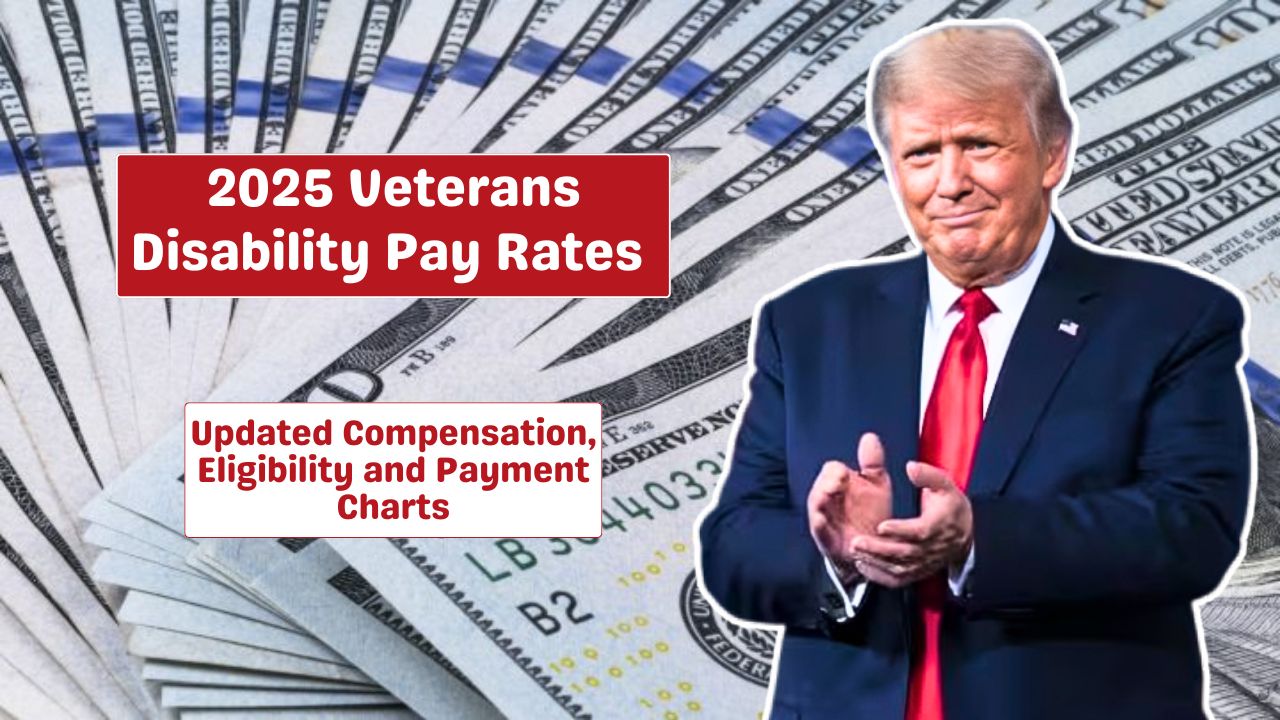Living with a disability can be challenging, especially when it comes to financial stability. In the U.S., about 42.5 million people have disabilities, which is roughly 13% of the civilian noninstitutionalized population. Many of these individuals cannot work, making it difficult to support themselves.
That’s where the Social Security Administration (SSA) steps in with its Social Security Disability Insurance (SSDI) program. This program provides monthly checks to help people with disabilities make ends meet.
Payments
If you qualify for SSDI benefits and your birth date falls between the 11th and 20th, expect your monthly check today. The SSA has a structured payment schedule to ensure timely delivery of these essential funds.
Payment Schedule
The SSDI payment schedule delivers monthly payments to all disabled individuals who began receiving benefits after May 1997. Below is the payment schedule for this month:
| Eligible Beneficiaries | Delivery Day | SSDI Check Payment Method |
|---|---|---|
| Post-May 1997 Claimants | July 10th (Second Wednesday) | Day of birth: 1st–10th |
| July 17th (Third Wednesday) | Day of birth: 11th–20th | |
| July 24th (Fourth Wednesday) | Day of birth: 21st–31st |
For more details on your monthly payment amount or other Social Security programs, visit the official SSA website or log into your My Social Security account.
Benefit Amounts
The amount you receive in your SSDI check varies based on your type of disability, work history, and contributions to the system before your disability. For instance, if you are blind, you could receive up to $2,590. However, the SSA has a specific definition of blindness: not being able to see better than 20/200 in the better eye.
For those who worked before becoming disabled, the maximum benefit can be as high as $3,822. This amount depends on your earnings record and contributions to the Social Security system. It’s crucial to consult with a financial advisor or SSA professional to understand your benefits fully.
Qualification
Blind workers might qualify for SSDI by earning credits through work. They may also be eligible for both SSI and SSDI benefits if they meet specific criteria. The SSA’s policies can be complex, so getting professional advice is beneficial.
Importance
SSDI is one of the largest government-run social insurance programs in the U.S. It aims to provide financial support to millions of disabled workers, retirees, survivors, and other vulnerable individuals. In 2023, the SSA is expected to distribute more than a trillion dollars in Social Security payments to around 67 million Americans, most of whom are retirees.
Benefits
SSDI provides monthly compensation to disabled workers who have paid FICA or SECA taxes. The benefits are paid monthly, and recipients must have worked before becoming disabled. Importantly, while other disability benefits might reduce your SSDI payout, your regular income does not affect your SSDI check. Additionally, SSDI recipients receive an annual cost of living adjustment (COLA) to help keep up with inflation.
In conclusion, SSDI checks from the Social Security Administration are vital for millions of Americans with disabilities. These benefits provide financial stability, allowing recipients to cover essential needs and cope with the challenges of living with a disability. If you qualify for SSDI, knowing the payment schedule and benefit amounts is crucial. Always seek professional advice to navigate the complexities of the SSA’s policies and ensure you receive the benefits you’re entitled to.
FAQs
When is the next SSDI payment?
SSDI payments are typically made on the second, third, or fourth Wednesday of each month, depending on your birth date.
How is the SSDI amount determined?
SSDI amounts are based on your disability type, work history, and previous contributions to the Social Security system.
Can I receive SSDI if I am partially blind?
Yes, if you meet the SSA’s definition of blindness and other eligibility criteria.
Does my income affect my SSDI check?
No, regular income does not affect your SSDI payment, but other disability benefits might.
What is COLA in SSDI?
COLA stands for Cost of Living Adjustment, an annual increase in SSDI benefits to help keep up with inflation.








